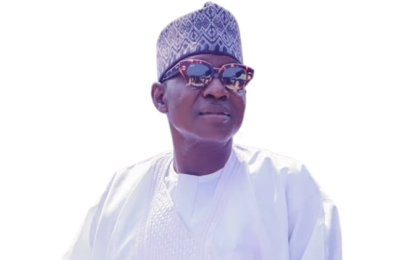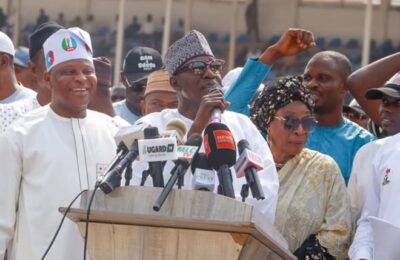Nigeria is bleeding—and the world smells it. Tinubu’s arrival was announced with cymbals of hope, but beneath the robes of reform lies the nakedness of chaos. Fuel subsidy gone, naira unchained, yet hunger multiplies like locusts. Families whisper curses over empty pots. The street no longer chants; it groans. And still, the man at the center calls it a new dawn. What kind of morning begins with this much darkness?
Truth is, Tinubu did not break Nigeria—but can he fix it? He rides a tired horse through a jungle of broken systems. The people do not hate him—they just cannot breathe. What they expected was a healer. What they got, so far, feels like another economist in agbada. If this is reform, then the poor must be iron. But iron bends too, when fire is too much.
The real demon is deeper—older than Tinubu. It is the spirit of Nigeria’s elite politics: rich in promises, poor in conscience. The same senate, the same games, the same padded budgets while the masses eat shame. How do you fix a nation that’s been taught to expect nothing and vote with hunger? How do you rebuild when termites still feast on the pillars?
Yet, the Giant is not dead. Not yet. But resurrection requires more than grammar and gestures. Nigeria needs a president who feels—who sees the child hawking sachet water as his own, who weeps at the sight of IDPs, who listens without tinted glass. If Tinubu must wear the crown, let him carry the cross. Let him become a bridge, not a barricade.
Can Tinubu fix Nigeria? Yes—if he bleeds for it. If he dares to fight the demons that made him. If he governs not as kingmaker, but as servant. Nigeria is watching, not with hope anymore, but with heavy silence. And silence, in this land, is often the language of farewell.
– Inah Boniface Ocholi writes from Ayah – Igalamela/Odolu LGA, Kogi state.
08152094428 (SMS Only)




